Michael Buettner, at the age of 43, was in the prime of his life. He had finally found his soul mate in Janet, his girlfriend, and they were engaged to be married. He was happy and successful in his career as a financial planner, involved in his church, kind, funny, generous, and just a pleasure to be around. He was looking forward to a bright future. Tragically, in August, 2009, at the age of 43, Michael suffered oxygen deprivation during emergency open-heart surgery, leaving him with a traumatic brain injury. He now needs 24/7 care since his walking speech, vision, and short-term memory have all been majorly affected. He no longer can perform his job as a financial planner. Although his intellect is completely intact, he is unable to hold any job due to his speech, vision and short-term memory issues.
Suffering anoxia (oxygen deprivation) during surgery caused damage to several areas of the brain. One of these areas is the frontal lobe, which regulates our decision making, control of purposeful behaviors, and emotions. Although Michael has made progress in regards to stabilizing his emotions, he continues to cry easily, become overly excited and have anger outbursts. Due to the injury on this part of the brain, Michael also lacks impulse control and good judgment. While all of these things hinder Michael’s progress in reaching both his short and long term goals, the lack of impulse control and good judgment pose a much greater threat, at present, to Michael’s well-being in that Michael will attempt to do things he is unable to do without assistance such as walking, bending or reaching for things, and lifting heavy objects.

